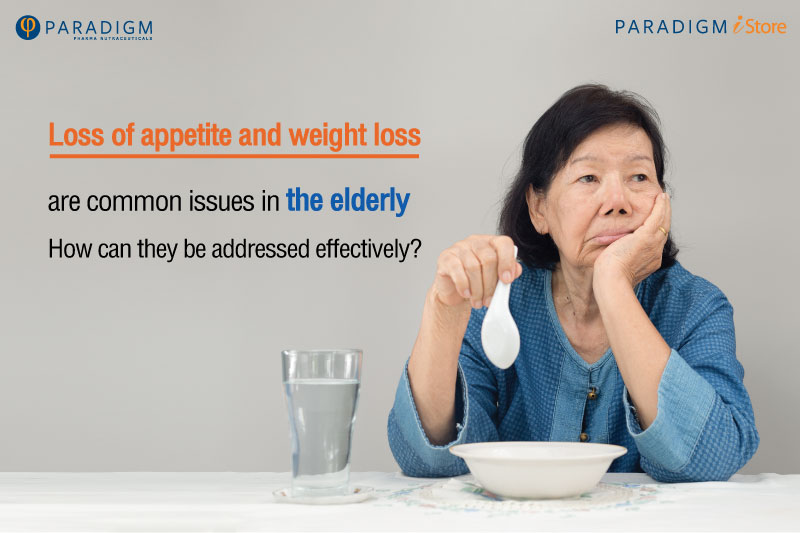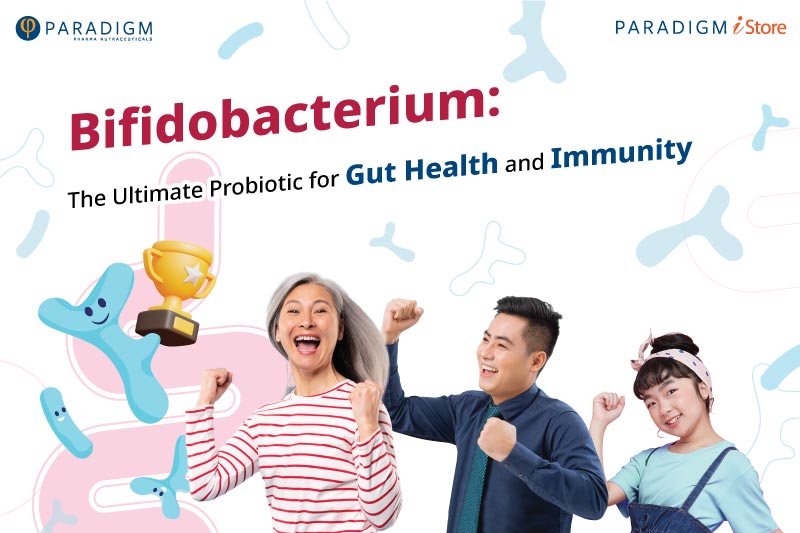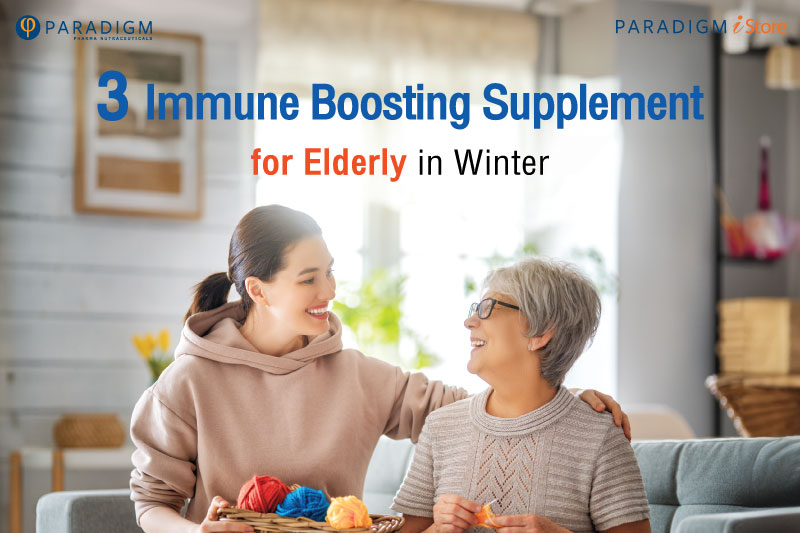Loss of appetite and weight loss are common issues in the elderly. How can they be addressed effectively?
As age increases, physical health begins to decline, leading elderly individuals to face various health issues. One common problem among the elderly is loss of appetite, resulting in weight loss, nutritional deficiencies, weakened arm and leg muscles, difficulty maintaining posture, and potentially leading to more serious health problems.
The causes of loss of appetite in the elderly can stem from various factors, both physical and psychological. Physically, it may be due to oral health issues or nerve problems that make eating difficult, reduced ability to perceive taste and smell, decreased efficiency of the digestive system leading to bloating, and so on. Psychologically, stress, anxiety, loneliness, and depression can also contribute to a decreased desire for food.
If left unaddressed, these issues can lead to further health problems. Weakness, fatigue, malnutrition, and a weakened immune system can result from a lack of proper nutrition. Additionally, difficulties in recovering from other health issues may arise, as well as external health problems such as muscle weakness, making it harder to maintain balance and increasing the risk of falls and fractures.
To address the issue of loss of appetite in the elderly.
It’s important to pay close attention to their symptoms and identify the underlying causes to address the problem effectively. Here are some steps you can take:
- Modify the elderly person’s diet by changing cooking methods and ensuring that the food is soft, small in pieces, and moist to make it easier to eat.
- Regularly monitor and check their oral and dental health.
- Avoid foods that are difficult to digest and encourage regular physical activity or provide activities that allow the elderly person to move around to ensure proper digestion.
- Engage the elderly person in activities that promote relaxation, socialization, or dining out to change the environment and increase their appetite.
However, if attempts to address the issue have not resulted in improvement, or if other abnormal symptoms are present, such as weakness, dizziness, confusion, blurred vision, chest pain, abnormally rapid heartbeat, or difficulty breathing, it’s important to seek medical attention promptly for safety. Consulting a physician about a suitable diet plan for the elderly or considering nutritional supplements to ensure an adequate intake of nutrients each day is advisable. With best wishes from Paradigm Pharma
Reference:
https://tinyurl.com/3xk4hm5h







